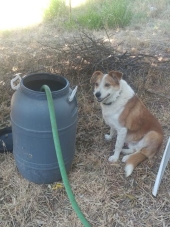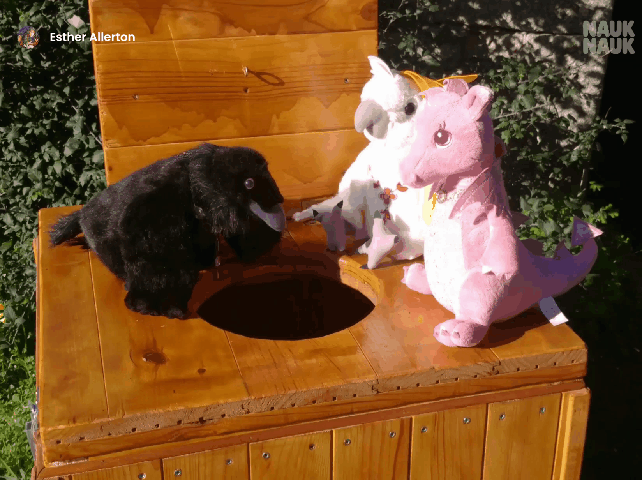


The knives from Taramundi (Asturias) are among the most famous in Spain. In 2000, I had the opportunity to discover, with two young artisans, how they crafted these knives step by step, complete with hand-carved handles and inlays.

Nancy Reading wrote:I wonder whether a sawdust container could be built into the steps?

It's 3:00 AM. A blizzard hits and the power goes out. Outside, it's minus 40 degrees Fahrenheit. Within three hours, your bedroom drops to 30 degrees. You're buried under three layers of blankets. You paid $300 for that memory foam mattress and another $200 for a weighted comforter. Yet you're shivering. Your expensive mattress feels like a block of ice against your back. You're sweating and freezing at the same time.
Now imagine a medieval peasant in 1315. No electricity. No central heating. Outside temperature? Same minus 40. His bedroom, if you can call it that, is a drafty stone hall with gaps in the walls. Yet he's sleeping soundly under a pile of straw and wool. He'll wake up warm. You'll wake up hypothermic.
What did a medieval farmer with literal garbage know that your $500 bedding system doesn't?





saddlers stitching ‘horse’. As the name suggests, it's a four legged wooden stool which is straddled for comfort during long stitching sessions with straps and belts etc.

Kathleen Sanderson wrote:A big advantage of having some kind of chute system is that it prevents a lot of stress on the animals (and on the animal handlers). Quietly running them through a properly-designed system (see Temple Grandin's work on livestock handling facilities) is much better than having to chase and catch and wrestle with each animal..












